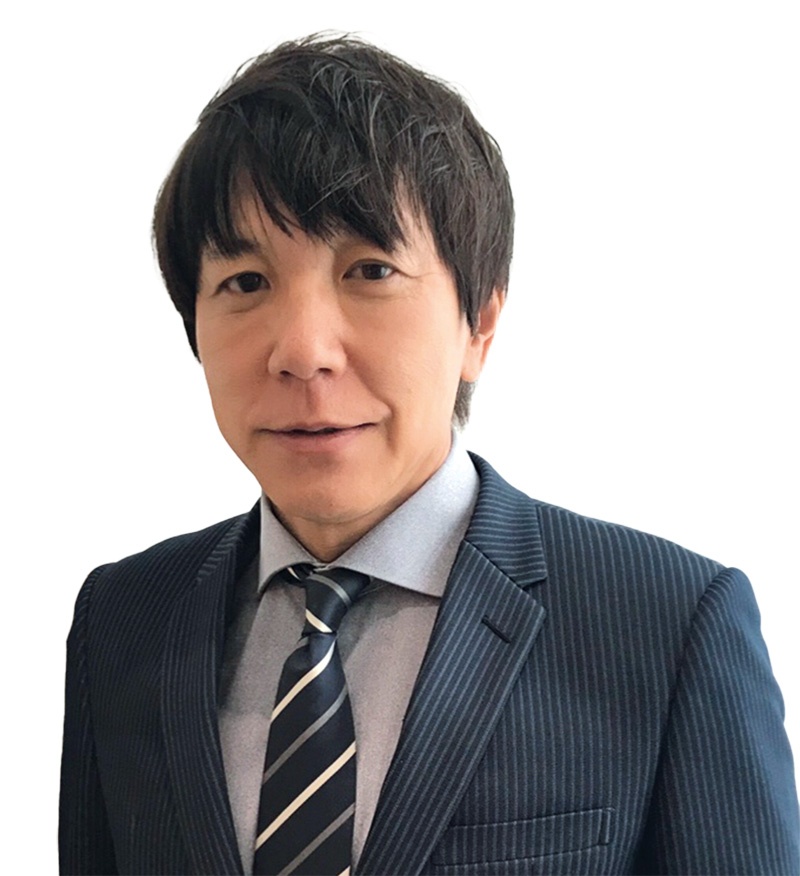Applying green growth experiences from Japan
How has the COVID-19 pandemic affected sustainable development in Japan? What areas is Japan focusing on to ensure inclusive development where “no one is left behind”?
 |
| Takeo Nakajima, chief representative of the Hanoi Office of the Japan External Trade Organization and vice chairman of the Japanese Chamber of Commerce and Industry in Vietnam |
The COVID-19 pandemic has delayed many sustainable initiatives in Japan. At a time when safety comes before the economy, there have been an understandable deterioration in mental and physical well-being, job and income security, access to fresh food, and treatment of medical conditions other than COVID-19, just to name a few examples.
A tremendous amount of food loss happened. Plastic bags and packages, masks, and hygiene equipment are disposed of without reuse to prevent virus spread.
Labour-intensive businesses were hit hard, particularly restaurants, hotels, hair salons, retail, and small manufacturers. We hear more often about cases of domestic violence during social distancing while low-income families cannot afford to properly separate infected family members, leading to further infections.
On the other hand, in some fields advances were reported in sustainability during the pandemic as car traffic dropped, energy consumption decreased, and rush-hour traffic eased. But overall, we witnessed more negative impacts.
Besides COVID-19, what are the main challenges facing Japan’s sustainable development? What do you think is the key for Japan to achieve its sustainability targets?
Japan’s primary issue is sustainable energy, other than economic recovery from the pandemic. The Fukushima nuclear incident in 2011 has hindered Japan in securing affordable and reliable power. Now, with advanced technology and policy, Japan is in better shape than before. Renewable energy, energy conservation, and energy recycling are all progressing.
Last October, Japan declared that it aims to achieve carbon neutrality by 2050, aiming to reduce greenhouse gas emissions by 46 per cent from 2013 levels. There is no magic solution. The entire society, industries, and government need to collaborate.
Regarding manufacturing, how can Japan promote sustainable development in Industry 4.0?
As the population decreases, Japanese manufacturers are introducing automation, robots, and AI to fill labour shortages. Digital transformation will contribute to more efficient manufacturing, greener factories, and energy conservation. The automotive industry is in a historical transition stage to electric vehicles, autonomous driving, and flying cars. This transformation is part of sustainable development.
What are Japanese businesses in Vietnam focusing on in sustainable development?
The Japanese government donated more than 3.5 million vaccine doses and other medical equipment to Vietnam.
The ASEAN Economic Ministers’ Meeting joined by the Japanese Ministry of Economy, Trade and Industry on September 15, 2021 welcomed the ASEAN-Japan Priority for Innovative and Sustainable Growth. The priority supports innovation and sustainability in industry, urban areas, and rural areas.
At the same time, Japanese companies in Vietnam continue promoting human rights, environmental conservation, and energy efficiency. During the pandemic, working conditions were harsh and job security fragile. However, most Japanese companies tried to maintain employment and wages at pre-pandemic levels.
How have Vietnam and Japan been cooperating in green growth?
The government of Japan has initiated various fields of green cooperation with Vietnam. The Japan International Cooperation Agency (JICA) has played a significant role in this space. Projects on energy, rural development, agriculture, climate change, and environmental protection backed by Japan have substantial impacts on the sustainable development of Vietnam.
Private companies are also active in fostering the green growth of the country. The development of liquefied natural gas as well as solar and wind farms will support Vietnam in shifting to environmentally-friendly energy.
Meanwhile, smart city plans in the north and south will accelerate balanced urban development. Japanese companies have world-class technologies in water treatment, waste management, and air-conditioning.
What the stars mean:
★ Poor ★ ★ Promising ★★★ Good ★★★★ Very good ★★★★★ Exceptional
 Tag:
Tag:
Related Contents
Latest News
More News
- Bac Ai Pumped Storage Hydropower Plant to enter peak construction phase (January 27, 2026 | 08:00)
- ASEAN could scale up sustainable aviation fuel by 2050 (January 24, 2026 | 10:19)
- 64,000 hectares of sea allocated for offshore wind surveys (January 22, 2026 | 20:23)
- EVN secures financing for Quang Trach II LNG power plant (January 17, 2026 | 15:55)
- PC1 teams up with DENZAI on regional wind projects (January 16, 2026 | 21:18)
- Innovation and ESG practices drive green transition in the digital era (January 16, 2026 | 16:51)
- Bac Ai hydropower works stay on track despite holiday period (January 16, 2026 | 16:19)
- Fugro extends MoU with PTSC G&S to support offshore wind growth (January 14, 2026 | 15:59)
- Pacifico Energy starts commercial operations at Sunpro Wind Farm in Mekong Delta (January 12, 2026 | 14:01)
- Honda launches electric two-wheeler, expands charging infrastructure (January 12, 2026 | 14:00)






















 Mobile Version
Mobile Version